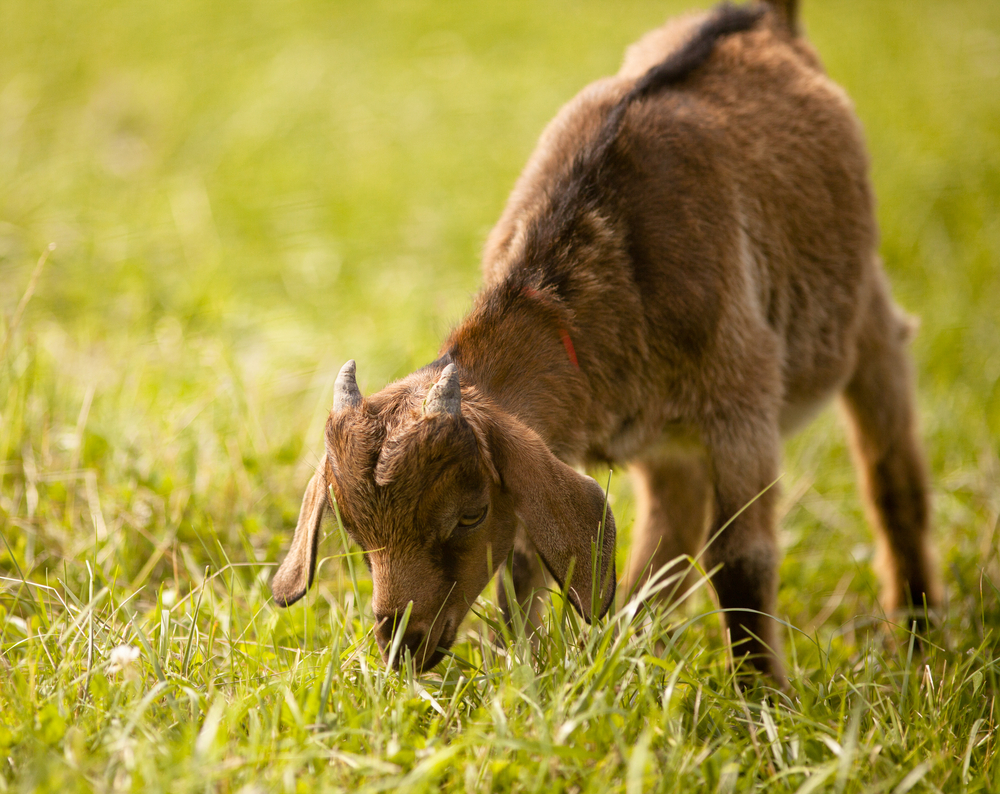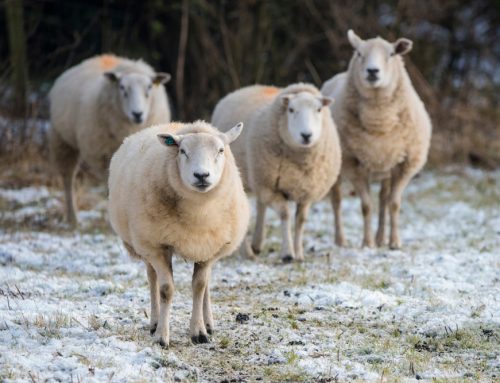Leptospirosis is a debilitating disease that affects many animals, and can also be transmitted to humans. Our team at Sale Creek Veterinary Service would like to inform you about this harmful bacterial infection, to ensure you know how to safeguard yourself, your pets, and your farm animals.
What pets and farm animals are susceptible to leptospirosis?
Dogs are susceptible to leptospirosis, and are considered a maintenance host for the leptospira serovar (i.e., variant) canicola. This means that dogs can act as a natural source of leptospiral infection for their own species. While clinical signs are rare in infected cats, studies have demonstrated a potential association between feline chronic kidney disease and leptospirosis. Farm animals susceptible to leptospirosis include cattle, sheep, goats, pigs, South American camelids, and horses.
How is leptospirosis transmitted to pets and farm animals?
Transmission occurs most commonly when your pet or farm animal drinks or contacts water contaminated with infected urine. Other transmission modes include direct contact with infected urine, a bite from an infected animal, eating an infected carcass, and through the placenta from mother to fetus. After the bacteria gain access to the body, they multiply in the bloodstream, and travel to organs such as the liver, lungs, and kidneys, where they continue to reproduce. Once the bacteria reach the kidneys, they pass through the urine and are shed into the environment.
What are leptospirosis signs in pets and farm animals?
Signs can vary greatly, from infected pets and farm animals showing no signs, to severe illness and death. The animals we see at Sale Creek Veterinary Service who are most commonly affected by leptospirosis include dogs, cats, goats, and South American camelids.
- Dogs — Signs in dogs include fever, muscle tenderness, lethargy, vomiting, diarrhea, jaundice (i.e., a yellowish tinge to the skin and mucous membranes), and painful inflammation inside the eyes. Leptospirosis can also cause bleeding disorders that result in nosebleeds, abnormal bruising, and blood in their vomit, urine, and feces. Occasionally, dogs may develop lung disease and exhibit difficulty breathing.
- Cats — Cats infected with leptospirosis rarely show clinical signs, but the infection may be linked to feline chronic kidney disease. Signs include lethargy, decreased appetite, and increased thirst and urination.
- Goats — Acute cases most often occur in goat kids, and are characterized by fever, decreased appetite, jaundice, and diarrhea. Adults usually suffer reproductive issues, such as abortions, stillbirths, weak kids, infertility, and decreased milk production.
- South American camelids — In llamas and alpacas, leptospirosis has been associated with reproductive losses, similar to goats.
How is leptospirosis diagnosed in pets and farm animals?
Diagnosis is usually made by detecting the bacteria or antigens in blood, urine, or milk. A positive result from an aborted fetus is also considered diagnostic. Other diagnostics, such as complete blood counts, biochemistry profiles, X-rays, and ultrasounds, may be performed to further assess the damage to your animal’s organs.
How is leptospirosis treated in pets and farm animals?

Leptospirosis is typically susceptible to antibiotic treatment. Depending on how severely your pet or farm animal is affected, they may also require other supportive care, such as fluid therapy, blood transfusions, and respiratory support.
How is leptospirosis prevented in pets and farm animals?
Vaccines are available that offer protection against some serovars or strains of leptospirosis for dogs and goats. Other ways to prevent infection include:
- Keep your cat indoors to prevent them from eating infected rodents.
- Do not allow your dog to drink or swim in standing bodies of water. Steer them toward clear, running water.
- On outings, take bottled water and a bowl so you can offer them frequent drinks of clean water.
- Isolate and treat infected animals to reduce the risk of others becoming exposed.
- Prophylactic antibiotic treatment can be used to prevent disease in exposed animals.
- Practice good sanitation to reduce infection in kennels, and areas where livestock are bred or give birth.
- Quarantine and test newly acquired livestock to prevent introducing leptospirosis.
Can pets and farm animals spread leptospirosis to their owners?
Although rare, leptospirosis can be transmitted from pets and farm animals to humans. Leptospirosis in humans is typically characterized by nonspecific signs such as fever, chills, headache, and severe muscle pain. Other signs may include weakness, enlarged lymph nodes, vomiting, sore throat, and chest pain. If you have leptospirosis signs, contact your physician immediately.
To avoid contracting leptospirosis from your infected pet or farm animals, wear gloves, and wash your hands thoroughly after handling. If your pet urinates in the house, wear gloves to thoroughly clean the area with a household disinfectant. Always finish the antibiotic regimen prescribed by our veterinary professionals at Sale Creek Veterinary Service. If you stop the antibiotics too soon, the infection can return.
Leptospirosis is a problematic, debilitating disease, but you and your pet and farm animals can remain safe by following these few simple precautions. If you are concerned your pet or farm animal may be affected by leptospirosis, or you would like to discuss vaccination, do not hesitate to contact our team at Sale Creek Veterinary Service.







Leave A Comment